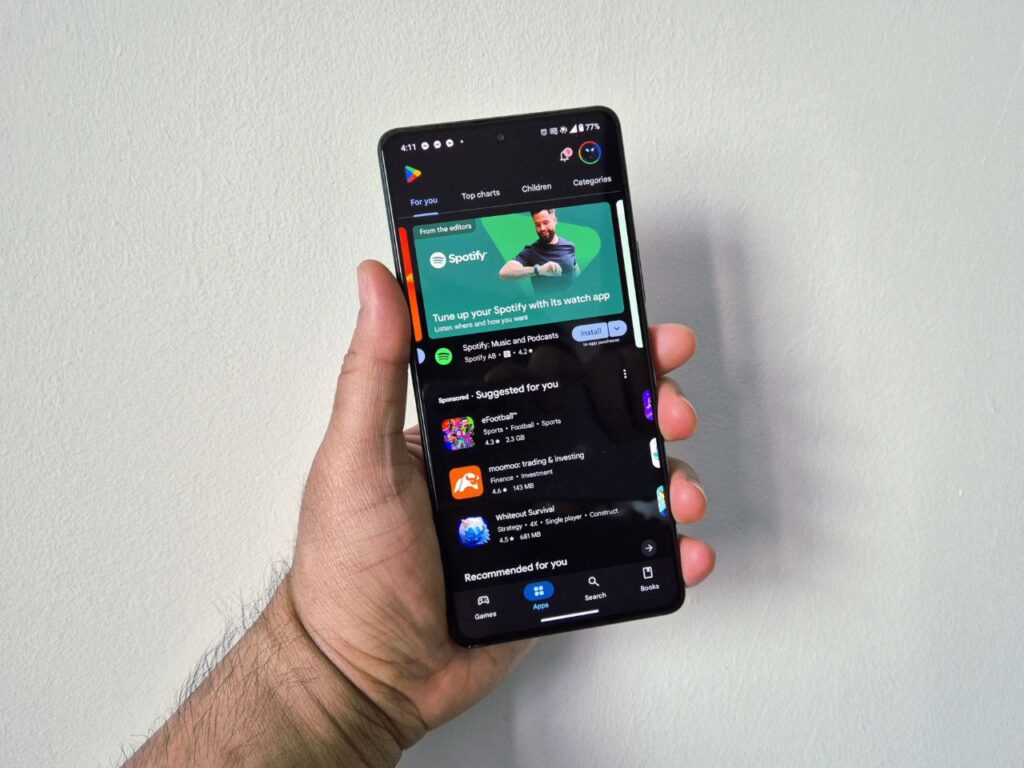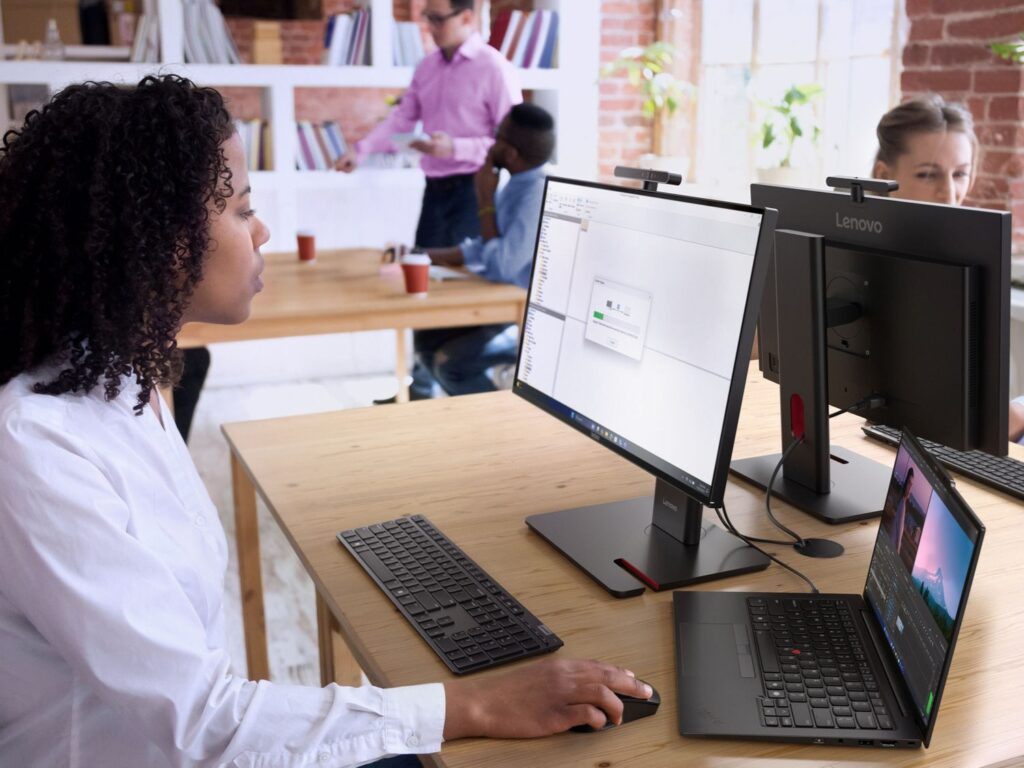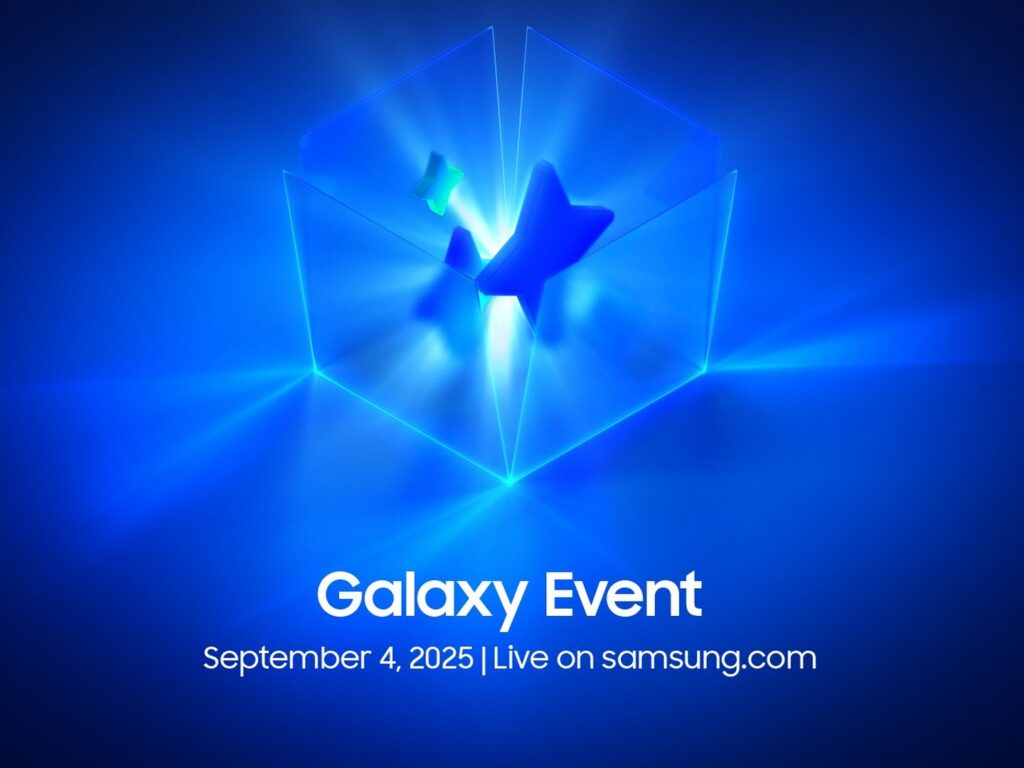Google to Require Developer IDs for All Android Apps in 2026
Google is facing a new wave of criticism after announcing a developer verification policy for Android, with some critics arguing the move pushes the platform closer to Apple’s “walled garden” approach. While Google frames the policy as a vital step to combat malware, opponents contend it may compromise the open nature of the Android ecosystem.
The New Requirements and Google’s Rationale

Starting in September 2026, on certified Android devices in select countries, all apps, including those sideloaded from outside the Google Play Store, will need to be from a verified developer. Google’s analysis found that sideloaded apps contain over 50 times more malware than those on the Play Store, and the company insists the new policy is necessary to protect users from financial scams and other threats. Google says the verification process will be like an “ID check at the airport” and will not affect a developer’s freedom to distribute apps directly to users.
The “Walled Garden” Debate
While Google maintains that the policy is about enhancing security without sacrificing choice, critics are concerned that this is a step away from Android’s traditional openness and a move toward the more restrictive ecosystem of its chief competitor, Apple. Some users worry that by requiring developers to provide personal information such as legal names and addresses to Google, the new policy could create a significant barrier for independent, open-source, or hobbyist developers who prefer to remain anonymous.
Some also argue that this new policy gives Google more control over the types of apps that can be installed on Android devices, raising fears that the company could use this power to block apps that don’t align with its business interests. The policy is seen by some as a hidden agenda against apps that might, for example, block ads or offer features that compete with Google’s own services.
Phased Rollout and Developer Impact
Google’s phased rollout will begin with an early access program in October 2025 and will become mandatory in Brazil, Indonesia, Singapore, and Thailand in September 2026, before expanding globally in 2027. To accommodate developers who don’t use the Play Store, Google is creating a new Android Developer Console. A separate account type with fewer requirements is also being developed for student and hobbyist developers. However, it remains to be seen if these measures will be enough to quell the backlash from those who see the policy as an erosion of Android’s core principles of openness and user freedom.



